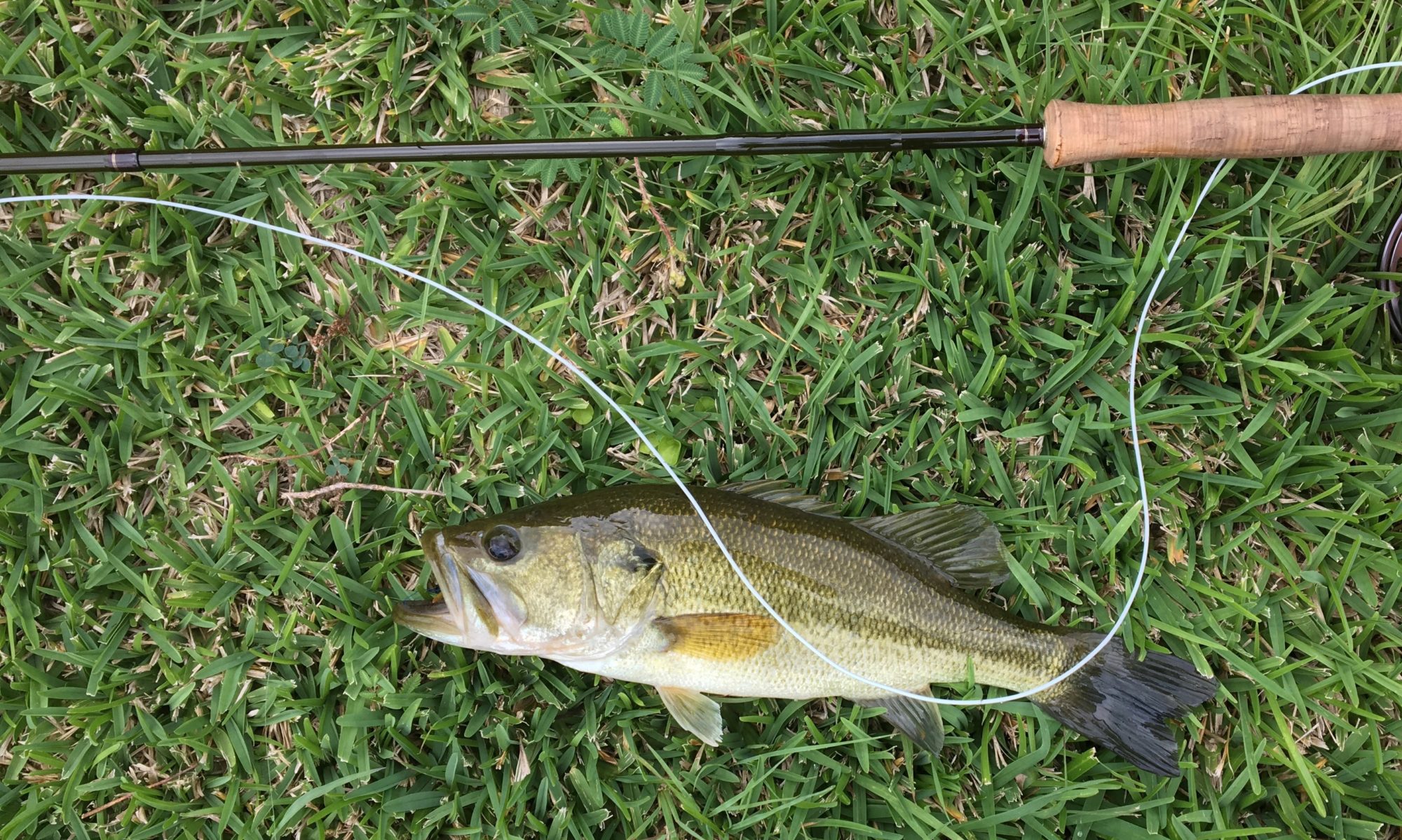Sunday morning in Vicksburg we stopped for donuts at Donut Palace before we toured the National Battlefield. Donut Palace is a pretty basic donut shop, clean and well lighted, without pretensions or flourishes, and it seemed to have a reasonably steady stream of customers. The other donut shop in Vicksburg, Divine Donuts, was closed on Sunday morning, because the Divine always rests on Sunday.
I had a pretty involved conversation with two customers. Mississippi accents are richer than most, and theirs were money. They had stopped for donuts on the start of a seven-hour road trip to Throckmorton, Texas. I blurted out that Throckmorton was my home town, thought better of the exaggeration, and tried to explain that it was within my home territory. Throckmorton was a bout 70 miles from where I grew up in Vernon, and about 30 miles from where my mother grew up in Seymour. In those parts, that’s nearby.

We had a nice conversation about hunting quail and dove, and I wanted to ask them if they knew a nearby farm pond to fish but I didn’t. It was cold, and even at a farm pond the fishing would be hard, and secretly I didn’t want this to be my last trip to Mississippi. As for Throckmorton, Texas, it was named after James Webb Throckmorton, who was born in Tennessee, and in 1861 had supported Sam Houston’s attempt to keep Texas in the Union. He was one of six Texas secession convention delegates who voted against secession. He then enlisted in the Confederate army, ultimately serving as brigadier general of something or other which was not the army, and late in the War as the Confederate commissioner to the Indians.
Texas was a recalcitrant Reconstruction state, and Throckmorton was the recalcitrant first Reconstruction governor. He repudiated the 14th Amendment because Texans, meaning white Texans, didn’t like it, which meant that he refused to protect freedmen or Freedmen’s Bureau agents. He was removed from office by Phillip Sheridan. Throckmorton the City is the County seat of Throckmorton the County, but I reckon they weren’t named for Throckmorton’s dubious accomplishments but because of the sheer poetry of the name. Throckmorton. Doesn’t that just roll off the tongue? I figure his constitutional analysis was a fluke and he was the last Texan ever who thought that the 14th Amendment didn’t apply.

After the two guys Going to Texas had Gone to Texas, I asked the donut shop owners if they were Cambodian. They were, and had close ties to Texas donut shops. That means that Cambodian ownership of donut shops has now spread out of Houston through Louisiana into Mississippi. There were some other earlier minor migrations into Mississippi. Chinese immigrants arrived during Reconstruction, and there are Chinese restaurants here and there. Tamales came with cotton workers brought in from Mexico after the turn of the last century, and are a favorite of the Delta. Donut Palace was selling the sausage rolls that Texas donut shops call kolaches, and they sold that greatest of Cambodian donut shop inventions, the Czech-Cajun-Cambodian boudin kolache. Their boudin came from Beaumont. It was delicious.

Cambodian donut shops are family affairs, and the owners were charming. I mentioned to them that I had heard that Dallas donut shop owners were often Koreans, and they said yes, and that the Koreans worked very hard and even slept in their shops. They said that one Korean would often run a shop alone, and that they knew a Korean who had two shops that he ran himself. I couldn’t figure how that worked, and I didn’t ask, but it wore me out just thinking about it.
* * *

Yesterday we drove to Sattler to fish the Guadalupe. It was only the second time we’d been to the Guadalupe this year. It was crowded, and nobody we talked to was catching anything, including a guide and his clients in a raft. It was TroutFest again, and the same guys with beards were there again this year. Before we fished we ate lunch at The Real Pit Barbecue in Sattler, and in honor of the first Astros spring training game I had a Frito pie. Frito pie is Texan/New Mexican, consisting of chili spooned onto Fritos, sometimes in a sliced open single serving sack, and garnished with cheese and onion. Being a combination of salt, spice, beef, and fat they are delicious, and because I explained to the lady at the counter that the Astros’ season depended on my eating a Frito pie–I’m mildly superstitious about baseball (but oddly never about fishing), she, being an Astros fan, made me an excellent pie. The chili had beans, or at least there were beans added, but I didn’t complain. I’m no Pythagorean.

When we finally got into the water I spent most of my time untangling line or re-rigging and wondering how I could get my tippet, nippers, weights, forceps, sunglasses, readers, camera, wading stick, net, and flies ready to hand. I used to wear a vest, and then tried a different vest, and am currently using a sling pack. I’ve used satchels and hip belts and lanyards and chest packs, and they all have their problems, but yesterday was a real mess. It was that day when everything was always wrong. At one point I sat down on a limestone ledge and took everything off and started over. I also had to unwrap the fly line that had somehow twisted 20-odd times around my net.
Maybe I need a pack. I’ve never tried a pack.
Late in the day I caught a small trout on a red and black size 16 zebra midge under a bead head under some weight under a bobber, then hooked a nicer fish that flipped off the hook after a couple of jumps. I figure I need to eat a Frito pie every time I fish the Guadalupe. Not that I’m superstitious.





























